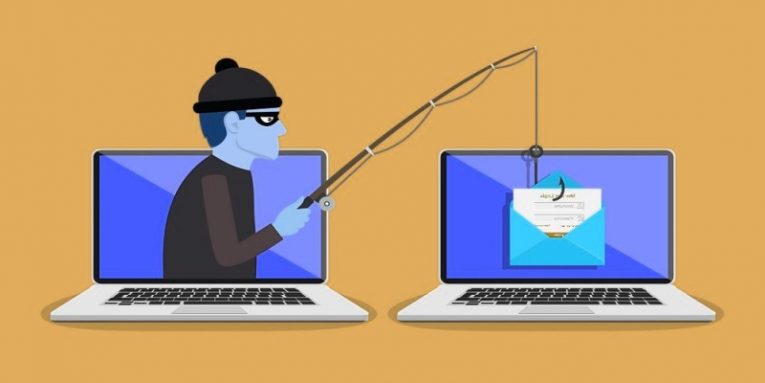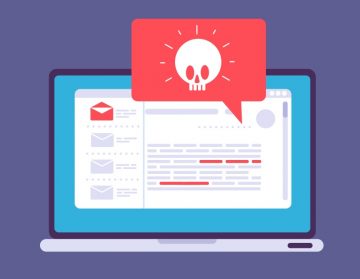'Email Requires A Mandatory Authentication' Scam

Our investigation of the "Email Requires A Mandatory Authentication" message unveiled it as a phishing scam. This fraudulent email falsely asserts that the recipient's email account necessitates authentication, with the ulterior motive of duping the recipients into revealing their login credentials.
The email, which may bear the subject line "[victim's_email_address] requires a mandatory authentication within the next 24 hours" (subject line may vary), informs the recipient about the purported mandatory requirement to authenticate their account within 24 hours. It alleges that a system error within the service provider has caused some messages to fail to reach the recipient's inbox. The email goes on to warn that failure to authenticate will result in an automatic logout from the email account.
It is crucial to emphasize that these claims are entirely false, and this email is not associated with any legitimate service providers or entities.
During our investigation, the website promoted by this fraudulent email was found to be nonfunctional. Based on our experience, it is reasonable to infer that it likely served as a phishing site disguised as an email account login page. It's worth noting that this could potentially be rectified in future iterations of this spam campaign, wherein emails might redirect to a functional webpage.
Phishing sites are meticulously crafted to capture entered information, including passwords, and transmit it to malicious actors. Emails are of particular interest to cybercriminals since they are often used to register other online accounts. Consequently, gaining access to a stolen email can lead to unauthorized access to connected accounts or platforms.
To delve further into the potential misuse, scammers can assume the identities of social media account owners (for example, emails, social networking, social media, messaging services, etc.) and request loans or donations from their contacts, promote scams, or disseminate malware through malicious files or links.
Furthermore, hijacked financial accounts (e.g., online banking, money transfer services, e-commerce, cryptocurrency wallets, etc.) can be exploited for unauthorized transactions and online purchases.
How Can You Recognize That an Email is a Scam?
Recognizing that an email is a scam involves carefully scrutinizing its contents for telltale signs of fraudulent or malicious intent. Here are key indicators to watch for:
- Sender's Email Address: Check the sender's email address. Scammers often use fake or suspicious email addresses that don't match the official domain of the organization they claim to represent. Be especially wary of email addresses with misspellings or additional characters.
- Generic Greetings: Beware of emails with generic greetings like "Dear Customer" or "Hello User." Legitimate organizations typically use your name in personalized emails.
- Urgent Language: Scam emails often use urgent or threatening language to create a sense of panic. They may claim that immediate action is required, such as "Your account will be suspended" or "You've won a prize, act now!"
- Spelling and Grammar Errors: Poor spelling, grammar, and awkward sentence construction are common in scam emails. Legitimate organizations generally maintain professional communication.
- Unsolicited Attachments or Links: Avoid opening attachments or clicking on links in unsolicited emails, especially if they are from unknown senders. These can lead to malware downloads or phishing websites.
- Requests for Personal or Financial Information: Be extremely cautious of emails requesting sensitive information like Social Security numbers, passwords, credit card details, or personal identification. Legitimate organizations typically do not ask for such information via email.
- Too Good to Be True Offers: Scam emails may promise unrealistic rewards, such as lottery winnings, large sums of money, or free products. If it sounds too good to be true, it probably is.
- Impersonation of Legitimate Entities: Scammers often impersonate well-known companies, government agencies, or financial institutions. Double-check the email's legitimacy by contacting the organization directly using official contact information, not information provided in the email.








